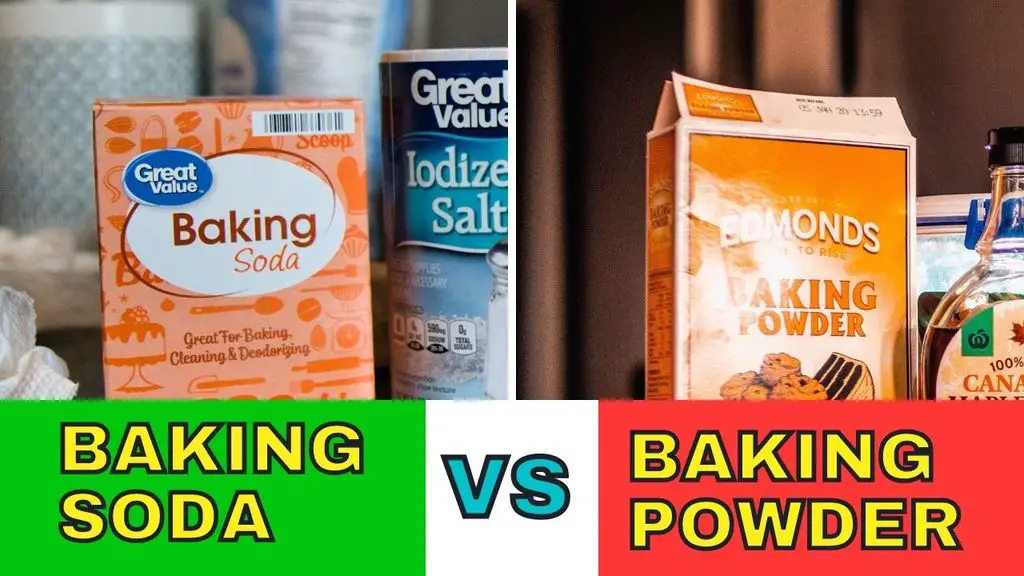With the right banana bread recipe, you can achieve the perfect moist, gooey and flavorful bread. When it comes to ingredients, using the exact amount of each component is essential to striking the right balance and getting the perfect bake.
But when it comes to baking soda vs baking powder, does it make a difference which one you use? Can one achieve a better bread than the other? Does it really matter if you don't have exactly the right ingredient for your recipe?
This short guide will answer these questions. By the end, you'll know whether you should use baking powder or baking soda in your banana bread - and ultimately, whether it matters.
Old school banana bread recipes typically use baking soda on its own. It's likely that this was because baking soda was far more readily available, and was also more reliable, while baking powder could vary in consistency.
What is the difference between baking soda and baking powder? Both are made from sodium bicarbonate, but baking powder also uses an anti-caking agent or drying agent, such as cornstarch. Baking soda reacts with acidic ingredients, such as the mashed bananas in banana bread, and forms carbon dioxide. Baking powder just needs water and heat to react.
Even though baking soda is the more traditional ingredient, you will get very similar - likely unnoticeable - results if you use baking powder instead. So, if you only have baking powder in your cupboard, it's not the end of the world - you can still make great-tasting banana bread.
If you do plan to
substitute baking soda for baking powder, make sure to use three times the amount of baking powder than baking soda.
What Happens if I Don't Put Baking Soda in Banana Bread?
Baking soda is an essential ingredient in banana bread. Its main use is in helping the loaf cake rise, but it does more than just this.
You also need baking soda in banana bread to add flavor. Keep in mind that most banana bread recipes require quite a lot of baking soda (usually 1 teaspoon or 5 ml for an average loaf size), and adding this amount of baking soda can contribute to flavor.
Additionally, baking soda increases the pH of your banana bread batter, which results in a bake with a darker crust and crumb. Because baking soda works to reduce gluten formation, if also tenderizes the batter.
If you don't put baking soda in your banana bread, what will happen?
Substituting with baking powder won't make much difference (see above). But if you don't use baking soda, and you also don't use a baking soda alternative, you'll probably end up with a non-legitimate banana bread.
First and foremost, baking soda is a rising agent, so if you don't use it, you could end up with a flat, dense banana bread.
What Happens if you Use Baking Soda Instead of Baking Powder?
Some people find baking soda, especially in some quick breads and loaf cake recipes, is too flavorsome.
You might not even notice the taste, but if you do find you're sensitive to it, and find it to have an almost soapy flavor, you may want to use baking powder instead. Taste is the only real difference you may notice from using baking soda, and only if you're particularly sensitive.
However, baking soda is the ingredient used in traditional banana bread recipes, so if you use baking soda instead of baking powder, you'll get the most legitimate, traditional banana bread.
In Summary
If you've never baked banana bread before, you may want to make your first bake with baking soda, which will give you an idea of how traditional banana bread recipes taste. But there's nothing stopping you from experimenting with baking powder in the future. You may find that you prefer the taste of one ingredient over the other in your bread - or you may not be able to taste the difference at all.
Whether you prefer baking soda or baking powder in your banana bread, make sure to follow your recipe's ingredient measurements carefully. If you do sub one ingredient for another, don't sub them one-for-one.
